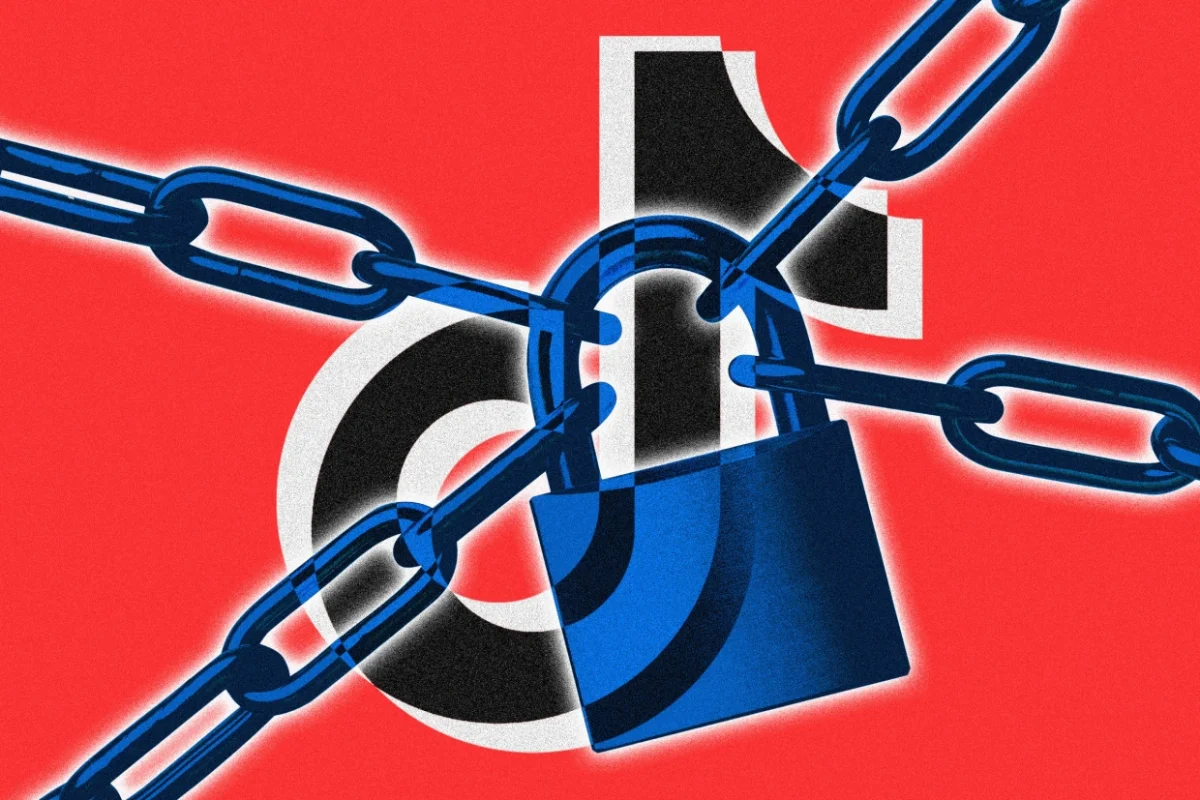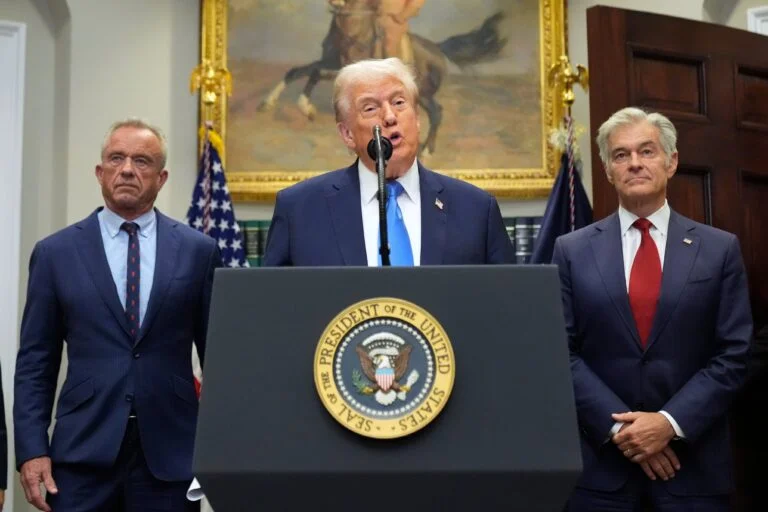A new bipartisan movement was made against TikTok, this past Wednesday, March 14. The House of Representatives passed a bill that could force its Chinese parent company, ByteDance, to sell the platform to a non-Chinese company within six months. If ByteDance fails to do so (or does not find a buyer), TikTok could be considered unlawful to still run on app stores.
Lawmakers and the American government have expressed concerns as to how TikTok, run by a Chinese conglomerate, could be free from the influence of the Chinese government —based on the track history of the Asian nation’s interference in its tech companies that usually must comply under its laws. The House voted to pass the bill on a run of 352 against 65. Now the bill will face a tumultuous journey through the Senate.
TikTok says that the concerns are unsupported and that foreign investors own more than 60 percent of the company. It also contains three directors on its five-person board. TikTok has taken two interesting tactics in the past few years to delegitimize the alarms felt by D.C. First, the mysterious Project Texas, a $1.5 billion plan to move data from American users to domestic ground partnering with Oracle, a cloud-storage company that stocks the videos users upload on TikTok, and the creation of the Transparency and Accountability Center at its Californian headquarters.
Oracle serves as a regulator to TikTok’s management of user data having the power to claim if the company is being or not acting ethically. But in recent weeks DanceByte and Oracle’s relationship has been entering unsetting grounds, as Forbes reported earlier this week. According to sources, Oracle’s representatives felt DanceByte’s positions of surveillance and monitoring its employers is a “counter-intelligence operation” rather than a casual customer interaction. Moreover, TikTok’s lobbyists have been feeling deeply unsatisfied with Oracle’s absent position in the heated battle over the legitimacy of the Chinese company in Congress. This delusion came from a deeper reason, the partnership with Oracle and the “Project Texas” investment was an initiative to associate with American companies and institutions that could serve as a reliable source for the Chinese platform in front of the American Congress.
According to Klon Kitchen, a security researcher at the American Enterprise Institute said “TikTok is adopting a ‘catch me if you can’ strategy like the one previously employed by Huawei in the United Kingdom, where it strikes the pose of transparency but places the burden on outside reviewers of identifying and pursuing threats.”
Potential buyers are also difficult to perceive as TikTok’s actual value, or at least its U.S. segment, is uncertain. Research made by CB Insight estimated that DanceByte could have a value of over $225 billion. The company also states that it holds over 150 million users in America, so it is difficult to predict which companies or people would have the funds to acquire it. But a hush-hush environment grew around Wall Street, after Steve Mnuchin, a former treasurer Secretary, told CNBC that he was “trying to put together a group to buy TikTok because they should be owned by U.S. business.” All in all, a sale could (and probably will) face the blockage of Beijing, which could prevent the process from moving on. The last time DanceByte tried to sell TikTok to Microsoft, it was impeded by geopolitical forces.
“I use TikTok very frequently and especially when it comes to creating and promoting the content that I make,” Eric Curry III, a student at the University and an avid user of TikTok said. “I think that there are bigger issues to worry about than TikTok being banned, and I feel that the danger of TikTok isn’t as much of a worry as Western media makes it out to be.”
Exaggerated concerns over the platform could also be perceived as xenophobic and an underlying attack on Chinese communities. For instance, in a hearing on Feb. 1, U.S. Senator Tom Cotton repeatedly asked TikTok’s CEO, Shou Zi Chew, if he had any connections with the Chinese Communist Party and had inquired about his citizenship, which is Singaporean. Mr. Chew denied the company ever shared U.S. data with the Chinese government.
If the bill happens to pass the Senate, it will impose financial and civil penalties on app stores that promote TikTok. Even though the app is already installed on millions of user’s phones, the inaccessibility of updating would slowly degrade the experience and make it difficult to use it.








